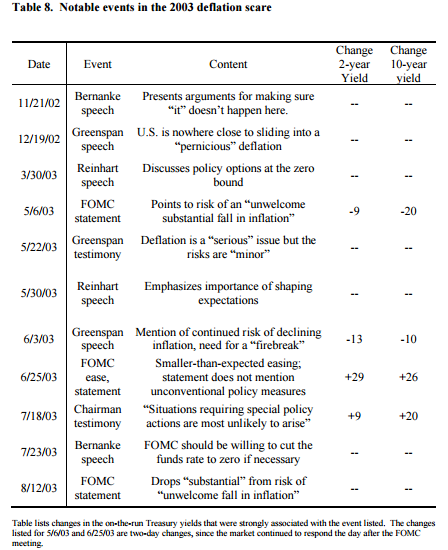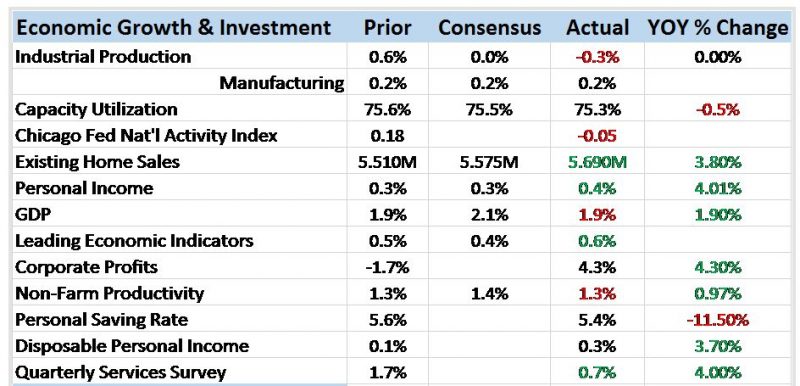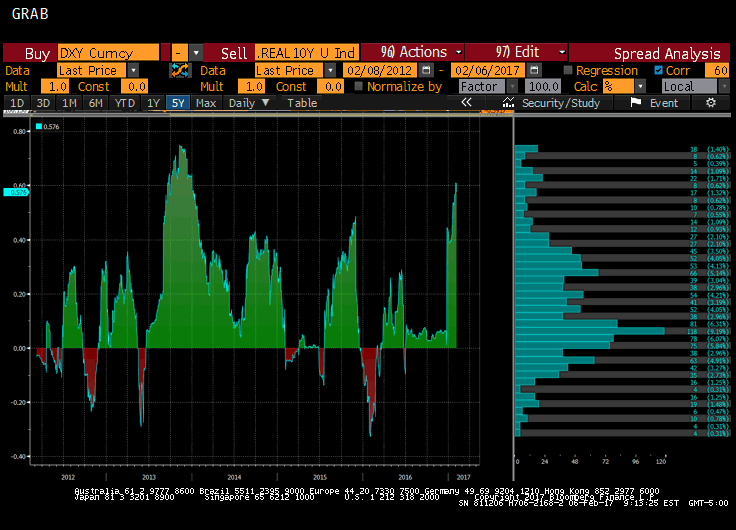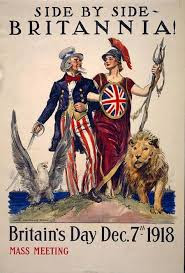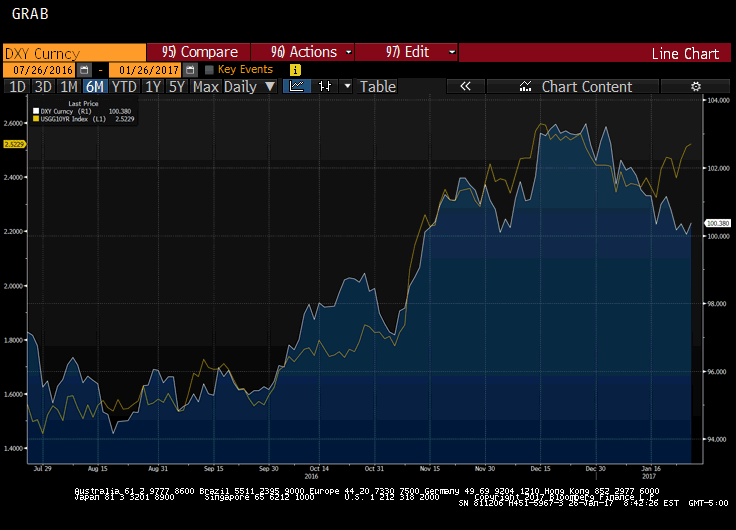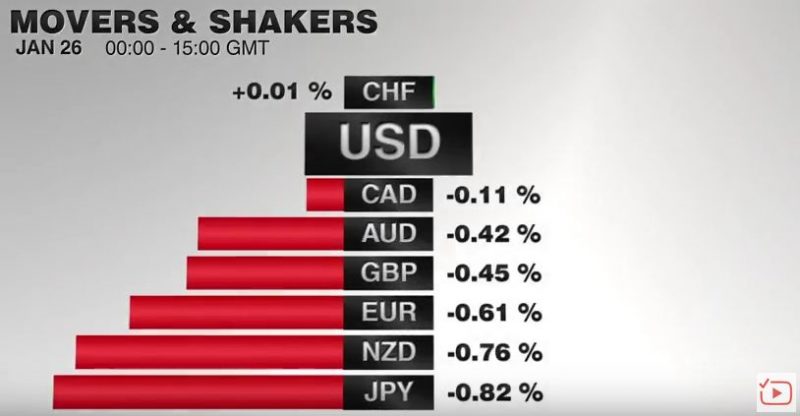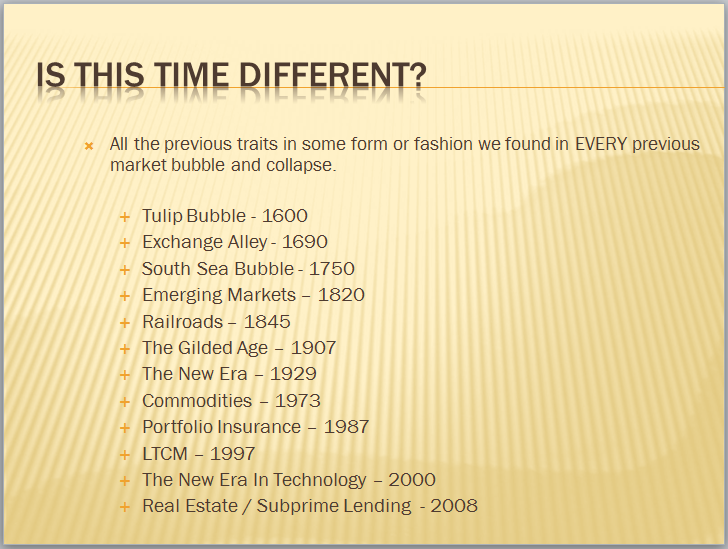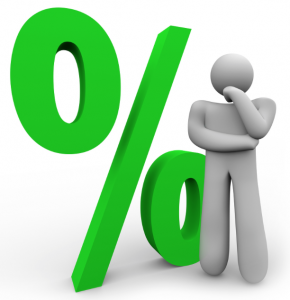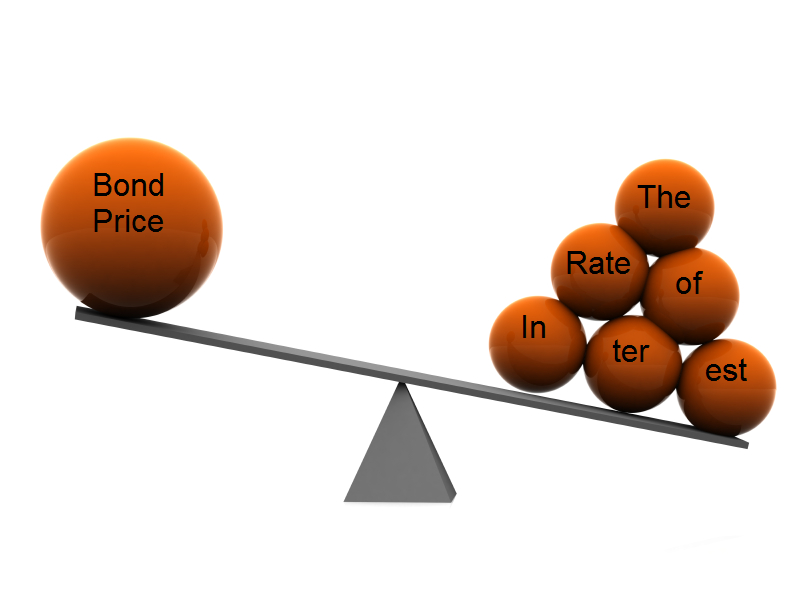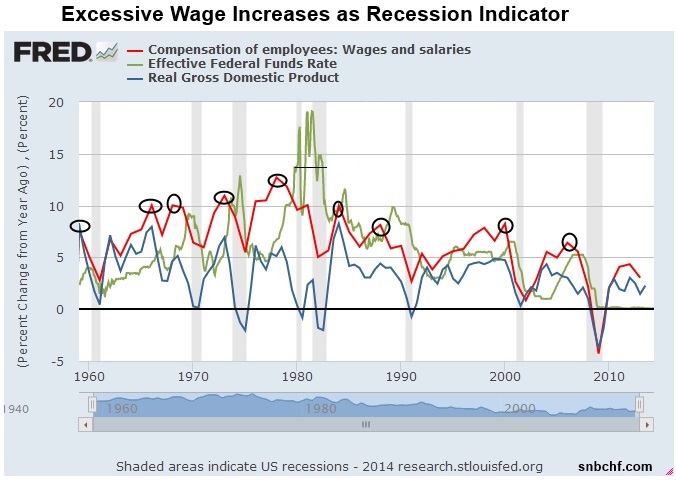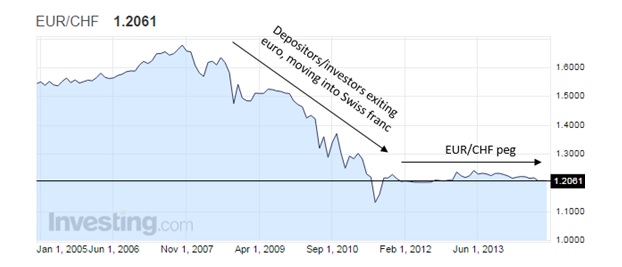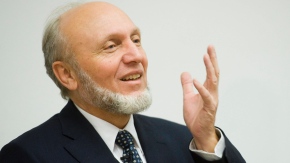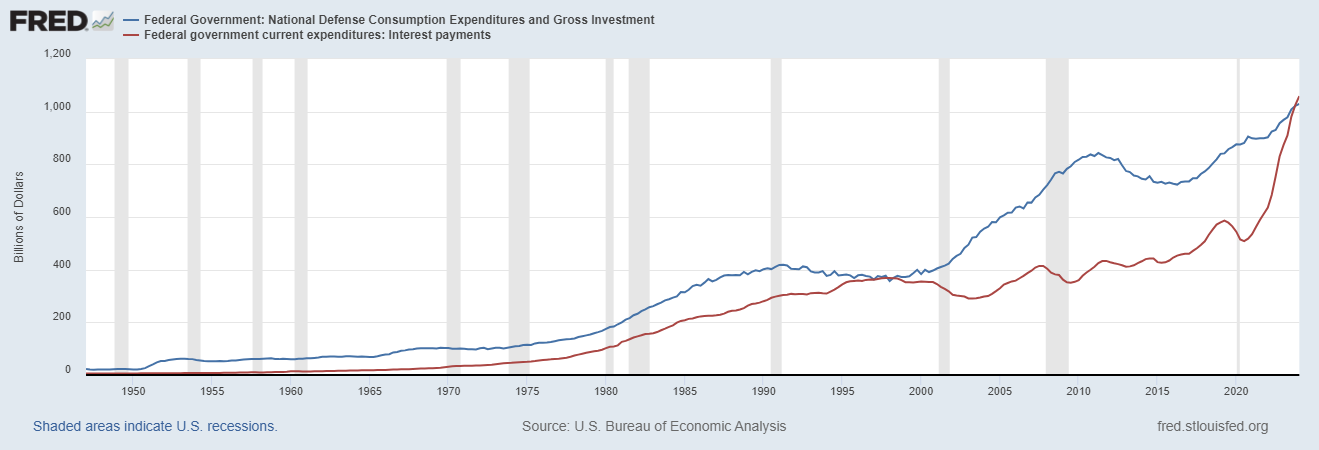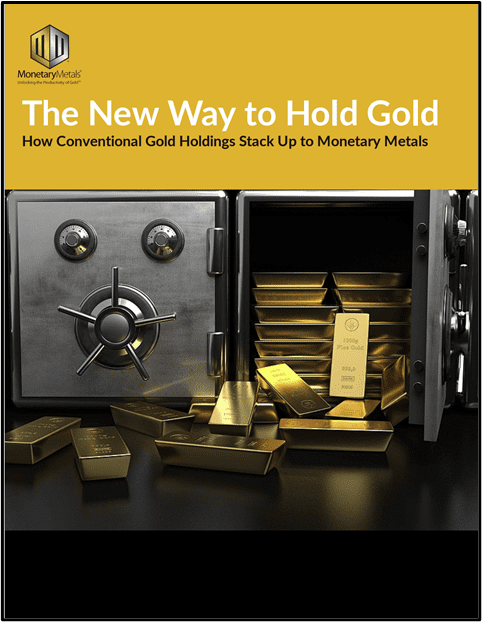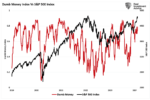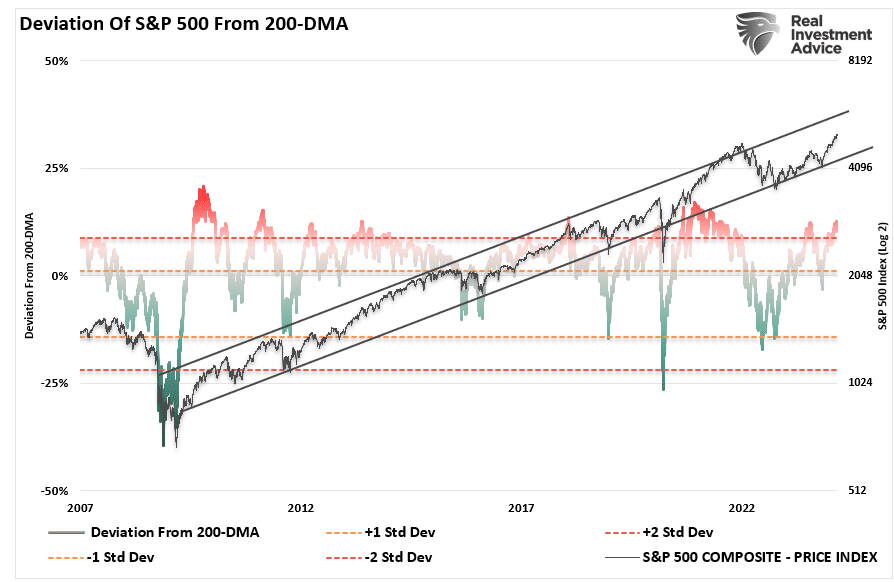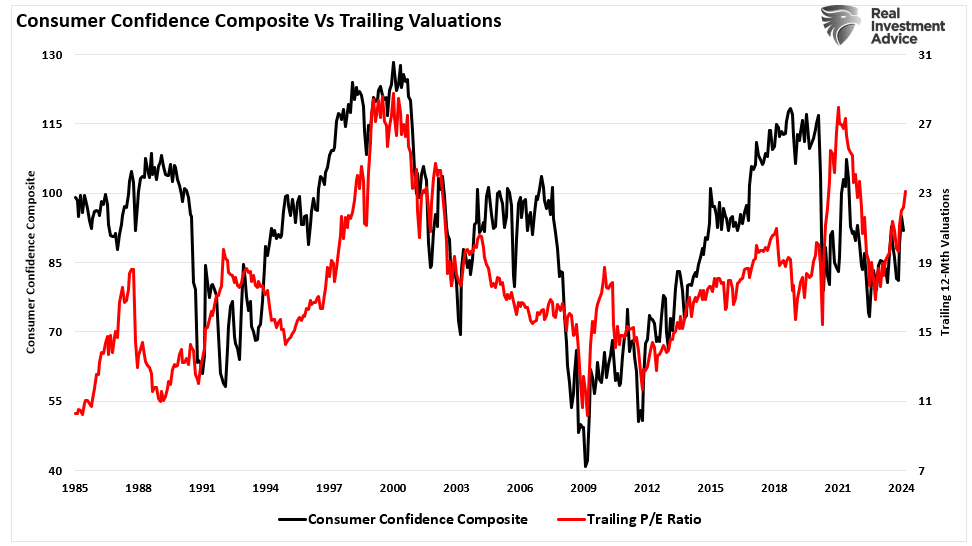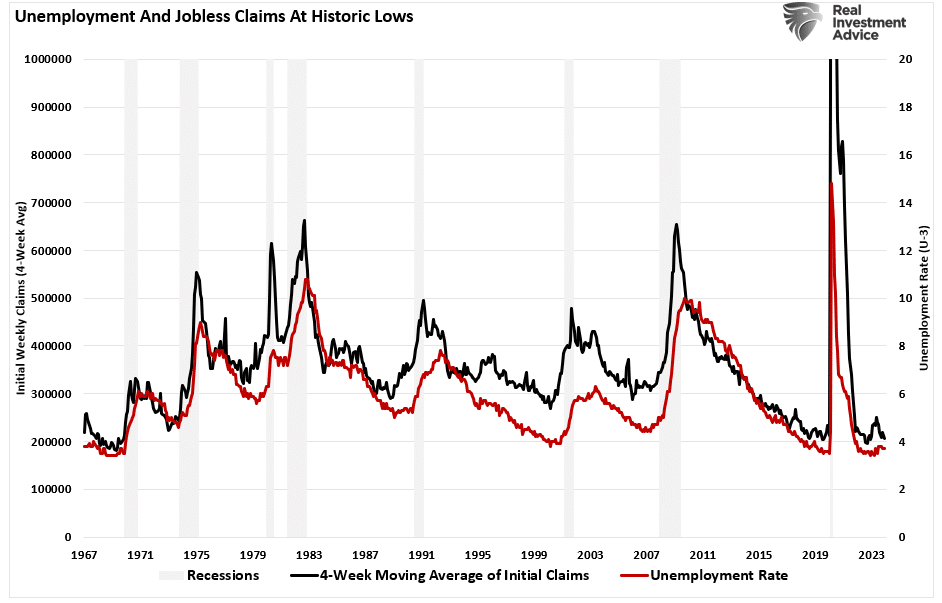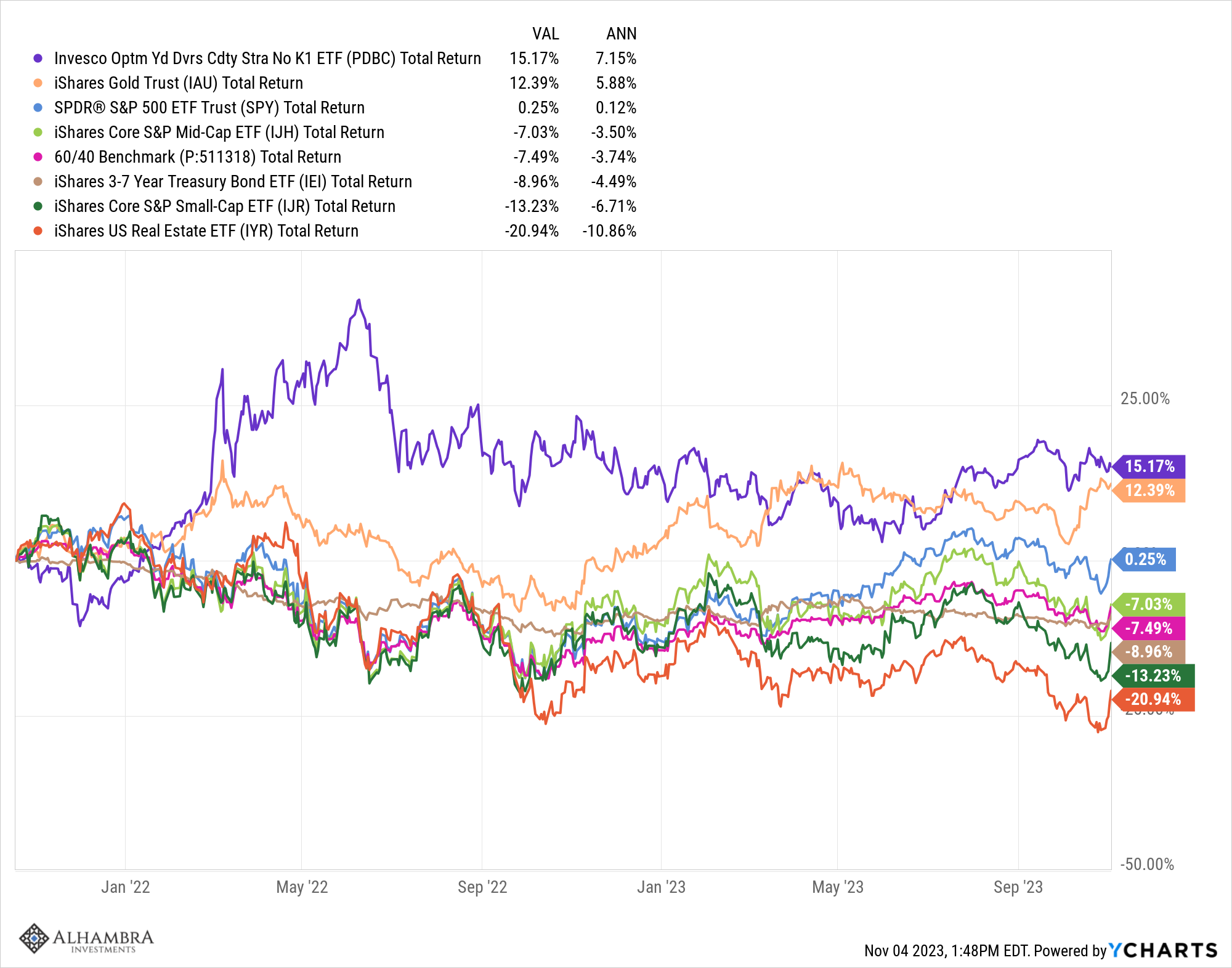Tag Archive: Interest rates
All In The Curves
If the mainstream is confused about exactly what rate hikes mean, then they are not alone. We know very well what they are supposed to, but the theoretical standards and assumptions of orthodox understanding haven’t worked out too well and for a very long time now. The benchmark 10-year US Treasury is today yielding less than it did when the FOMC announced their second rate hike in December.
Read More »
Read More »
Federal Reserve Hikes, but Changes Little Else
Fed made mostly minor changes in the statement as it hiked the Fed funds rate for the third time in the cycle. The average and median dot for Fed funds crept slightly higher. There was only one dissent to the decision.
Read More »
Read More »
Bi-Weekly Economic Review
The Federal Reserve is widely expected to raise interest rates again at their meeting next week. They obviously view the recent cyclical upturn as being durable and the inflation data as pointing to the need for higher rates. Our market based indicators agree somewhat but nominal and real interest rates are still below their mid-December peaks so I don’t think a lot has changed.
Read More »
Read More »
The Dollar: Real or Nominal Rates?
Real interest rates are nominal rates adjusted for inflation expectations.Inflation expectations are tricky to measure. The Federal Reserve identifies two broad metrics. There are surveys, like the University of Michigan's consumer confidence survey, and the Fed conducts a regular survey of professional forecasters. There are also market-based measures, like the breakevens, which compare the conventional yield to the inflation-linked, or protected...
Read More »
Read More »
FX Weekly Preview: Politics Not Economics is Driving the Markets
The Fed is more confident this year of stable growth and rising inflation. The new US Administration's economic agenda is beginning to take shape, though it is not clear that consumer interests will be pursued. There are several considerations, including politics in Europe, that are driving European rates higher. The RBA and RBNZ meet next week. Neither is expected to change policy.
Read More »
Read More »
Pressure on Greece Mounts, New Crisis Looms
Greece needs to implement its commitments in the next few weeks or it faces a new crisis. The more the government implements its commitments, the less public support it draws. New elections in Greece cannot be ruled out.
Read More »
Read More »
Are Interest Rates No Longer Driving the Dollar?
Many are concerned that the dollar and interest rates have become decoupled. We are not convinced. Correlations, not to be eyeballed, are still robust.
Read More »
Read More »
FX Daily, January 26: EUR/CHF collapses to 1.670
The US dollar is mostly firmer against the major currencies but is confined to narrow ranges, and well-worn ranges at that, but the focus has shifted to the strong advance in equities. Yesterday, the Dow Jones Industrials finally rose through the psychologically-important 20k level, and the S&P 500 gapped higher to new record levels.
Read More »
Read More »
Cool Video: Bloomberg’s Daybreak–Trump and Rates
On what Trump's first working day as POTUS, I had the privilege to be on Bloomberg's Daybreak to talk about the wagers on US interest rates in the futures market. In the most recent CFTC reporting week, which ended on January 17, speculators in the 10-year note futures market reduced the record net short position. It is only the second week reduction since the end of November.
Read More »
Read More »
FX Weekly Preview: Twas the Week Before Christmas, Amidst Powerful Trends
The Nikkei, the dollar-yen and 10 yr US yield have risen nine of the past 11 weeks. The Dollar Index and 2 yr US yields have risen while gold has sold off in eight of past 11 weeks. Issue in next two weeks, profit-taking or trend extension? Spoiler alert: I expect some profit-taking.
Read More »
Read More »
FX Weekly Preview: Shifting Paradigms and the Market Adjustment
Perceptions of two trends shape the investment climate: reflation and nationalism. Fed rate hike set for next month, barring significant surprise. Japan's trade surplus is growing even as imports and exports continue to contract.
Read More »
Read More »
End Of The Bond Bull – Better Hope Not
It’s been really busy as of late to cover all of the topics I have wanted to address. One topic, in particular, is the bond market and the ongoing concerns of a “bond bubble” due to historically low interest rates in the U.S. and, by direct consequence, historically high bond prices.
Read More »
Read More »
Demographics and a New Old Paradigm
The hangover from the debt crisis and secular stagnation are the two main explanatory models for the low growth and low interest rates. Anew Fed paper brings the focus back to demographics. If true, warns of a protracted period of slow growth, low interest rates.
Read More »
Read More »
Canadian Dollar: A Little Less About Oil, a Little More about Rates
The Canadian dollar's link to oil has loosened. Its sensitivity to interest rates has increased. Lumber issue is coming to a head shortly.
Read More »
Read More »
Natural Rates and Terminal Fed Funds
The neutral or natural interest rate is linked to potential growth. Potential growth has fallen so has the neutral rate. The implication is that the FOMC has made the bulk of the adjustment on its long-term Fed funds forecast.
Read More »
Read More »
Falling Yields, Rising Asset Prices -Rising Yields,Falling Prices
Our paper currency causes falling productivity, though not in terms of bushels per acre. What falls is productivity per dollar or euro of savings. This is the real meaning of the falling interest rate. When the rate was 10 percent, $1,000 of principal produced $100 of return. When it falls to two percent, then the same capital generates a return of only $20. Now with the Swiss 10-year bond, CHF 1,000 earns only CHF 1.3. Keith Weiner argues that one...
Read More »
Read More »
The Gold Standard For Democrats
Keith Weiner describes how the Fed pushes down the interest rate and due to that, it drives up prices of food and rents. This implies that businesses are clearly priviliged against workers. The gold standard does the opposite, if prefers savings and workers. Hence Democrats should be fan of the gold standard.
Read More »
Read More »
Business Cycles
The typical backstops of all improvements in business cycles are high oil prices and inflation. Inflation is mostly caused by local effects.
Read More »
Read More »
Hans Werner Sinn’s Piketty Critique: “r ≠ i > g”
Hans Werner Sinn has formulated his critique with Piketty. Sinn says that:
r ≠ i > g, hence Interest rates i are usually higher than economic growth g, but r is not the same as i. Hence r can be higher or lower than g.
Read More »
Read More »









